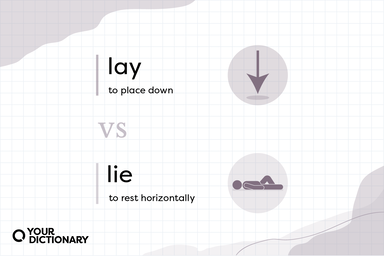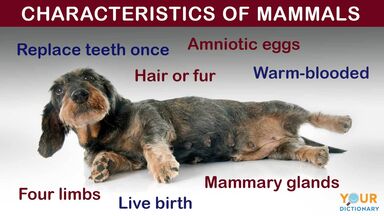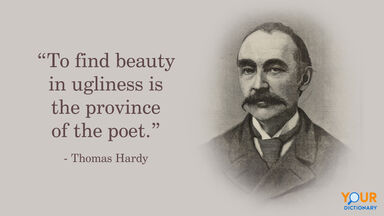The papal prohibition of lay investiture was renewed at synods in 1078 and 1080, and although Gregory's death in exile (1085) prevented him from realizing his aim in the matter, his policy was steadfastly maintained by his successors.
The king voluntarily abandoned lay investiture and the claim to homage during the pontificate of Paschal II., but continued to interfere with elections, to appropriate the revenues of vacant benefices, and to exact an oath of fealty before admitting the elect to the enjoyment of his temporalities.
The emperor renounced investiture by ring and staff, and permitted canonical elections; the pope on his part recognized the king's right to perform lay investiture and to assist at elections.
He took no pains to temper the zeal of his legates, but incited them to the struggle, and, not content with prohibiting lay investiture and simony, expressly forbade prelates and even priests to pay homage to the civil power.
When the schism of 1130 broke out he endeavoured to procure the cancellation of the clauses of the Concordat of Worms and to recover lay investiture by way of compensation for the support he had given to Innocent II., one of the competing popes.





